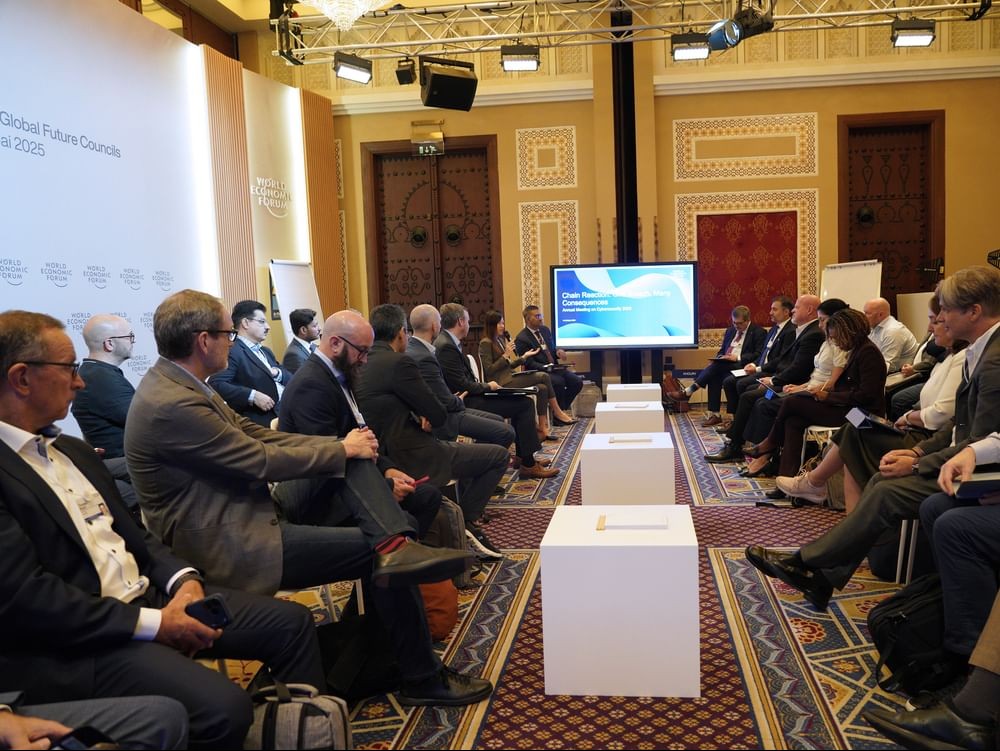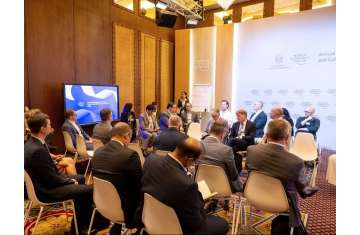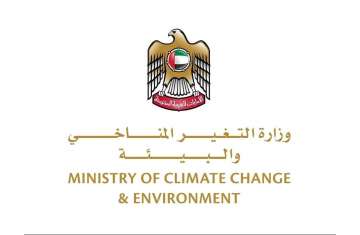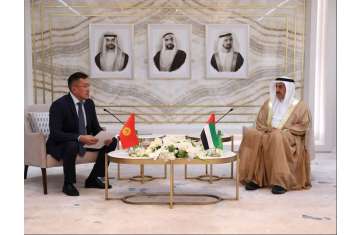Urgent
Experts highlight importance of developing flexible, sustainable governance models
 Innovative economic visions are critical for growth, sustainability: Experts
Innovative economic visions are critical for growth, sustainability: Experts
 Presight to enter new markets across four continents
Presight to enter new markets across four continents
 Amna Al Dahak highlights UAE’s role in global food sustainability
Amna Al Dahak highlights UAE’s role in global food sustainability
 Korea logs $61.8 billion fiscal deficit in first 8 months of year
Korea logs $61.8 billion fiscal deficit in first 8 months of year
 UAE Cybersecurity Council, SCA announce strategic partnership
UAE Cybersecurity Council, SCA announce strategic partnership
 UAE, Kyrgyzstan discuss parliamentary relations
UAE, Kyrgyzstan discuss parliamentary relations
 Openness, diversity of UAE market key to global investment: Alibaba Cloud
Openness, diversity of UAE market key to global investment: Alibaba Cloud

 Innovative economic visions are critical for growth, sustainability: Experts
Innovative economic visions are critical for growth, sustainability: Experts
 Presight to enter new markets across four continents
Presight to enter new markets across four continents
 Amna Al Dahak highlights UAE’s role in global food sustainability
Amna Al Dahak highlights UAE’s role in global food sustainability
 Korea logs $61.8 billion fiscal deficit in first 8 months of year
Korea logs $61.8 billion fiscal deficit in first 8 months of year
 UAE Cybersecurity Council, SCA announce strategic partnership
UAE Cybersecurity Council, SCA announce strategic partnership
 UAE, Kyrgyzstan discuss parliamentary relations
UAE, Kyrgyzstan discuss parliamentary relations
 Openness, diversity of UAE market key to global investment: Alibaba Cloud
Openness, diversity of UAE market key to global investment: Alibaba Cloud











Comments